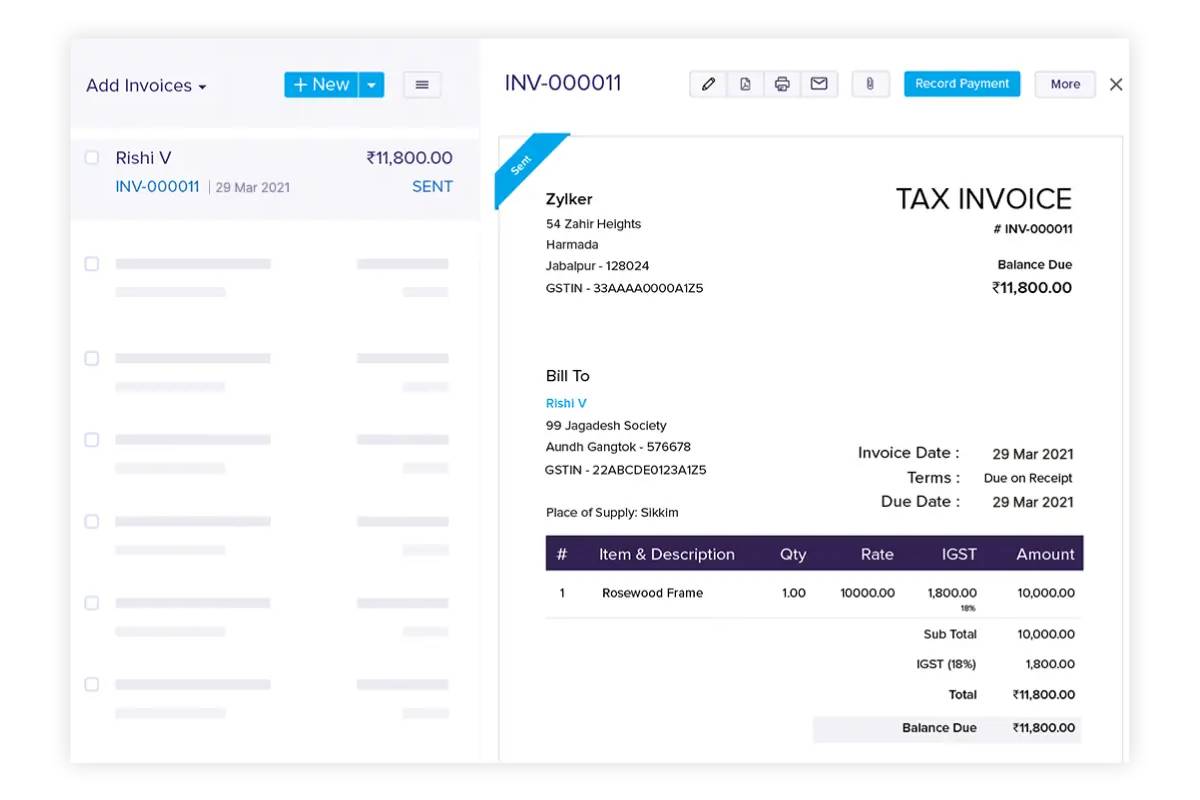
Avoiding Penalties for Late Payments
You’ve worked hard all year, juggled clients, managed invoices, and poured energy into growing your business. But in the flurry of deadlines and life admin, one important date slipped your mind: your tax payment deadline. A week later, you get a letter from HMRC, and just like that, you owe not only tax but also interest and a late payment fine.
It’s a frustrating experience, and unfortunately, a common one. But here’s the good news: it’s entirely avoidable with a little foresight, the right tools, and a clear understanding of HMRC’s expectations.
This guide is here to help you avoid tax penalties, manage your obligations confidently, and ensure that late payments don’t cost you more than they should. You’ll learn about HMRC deadlines, what triggers penalties, how interest is calculated, and—most importantly—how to stay ahead of it all with smart habits and simple systems.
Let’s take the stress out of staying compliant.
Understanding the Consequences of Late Tax Payments
What Counts as a Late Payment?
A payment is considered late if it isn’t received by HMRC by the official deadline.
This includes:
- Self-Assessment Income Tax
- VAT returns
- Corporation Tax
- PAYE and National Insurance (for employers)
Each tax has its own deadlines, and missing them triggers interest and sometimes hefty late payment penalties.
Common Freelancer Pitfalls
- Forgetting January 31 (Self-Assessment deadline)
- Missing July 31 (Payments on Account)
- Assuming a week’s grace period (spoiler: there isn’t one)
- Underestimating how long bank transfers take
HMRC Penalties and Interest: What You Could Owe
Self-Assessment Penalties
Let’s focus on Self Assessment, where most freelancers get tripped up.
| Delay Duration | Penalty Type | Amount |
|---|---|---|
| 1 day late | Fixed penalty | £100 (even if no tax is owed) |
| 30+ days late | 5% of unpaid tax | — |
| 6 months late | Additional 5% of unpaid tax | — |
| 12 months late | Another 5% of unpaid tax | — |
Interest is also charged on outstanding amounts, currently at 7.75% (as of 2024/25) and can increase with Bank of England base rates.
Example: You miss your £3,000 tax payment by 40 days. You owe:
- £100 late filing penalty
- £150 (5% of £3,000) late payment penalty
- ~£20 in interest (depending on the exact date)
Total: Over £270 in extra costs—just for being late.
Key HMRC Deadlines to Know
| Tax Type | Deadline |
|---|---|
| Self Assessment | January 31 (return & payment) |
| Payment on Account | 31 January & 31 July |
| VAT Returns | 1 month + 7 days after period end |
| Corporation Tax | 9 months + 1 day after year end |
| PAYE | 22nd of the following month |
Set calendar reminders or use a tax calendar tool to stay ahead of these dates.
How to Avoid Tax Penalties

1. Know Your Deadlines
It sounds simple, but many freelancers get caught out by the second payment on account in July, or assume everything is due in January.
Pro tip: Create a recurring digital calendar with alerts two weeks in advance of all deadlines.
2. Pay On Time (Even If It’s Just a Partial Payment)
HMRC charges interest on unpaid amounts, so even a partial payment reduces your liability. Don’t wait until you can pay in full—pay what you can now.
3. File Early, Don’t Wait Until January
Filing your Self Assessment early doesn’t mean you have to pay early.
It simply means:
- You know what you owe
- You have time to budget
- You avoid the last-minute tech chaos that HMRC systems often suffer from in January
Filing in April and paying in January = maximum preparation, zero panic.
4. Automate Where Possible
Use cloud accounting software like:
- FreeAgent
- QuickBooks
- Xero
These platforms:
- Link to your bank
- Track your income and expenses
- Estimate your tax due
- Remind you of key deadlines
Some (like FreeAgent) offer a tax timeline that literally tells you what’s due and when.
5. Save Regularly for Tax
One of the most powerful habits you can develop is treating your tax like a monthly bill.
Set aside:
- 25–30% of each payment received (to cover tax + NI)
- Extra if you’re likely to hit higher-rate bands
Use a separate “Tax” savings account so the money is ringfenced.
Anecdote: Ali, a freelance photographer, used to panic every January. Now, every client payment is split—70% to the business and 30% to tax. Last year, he paid HMRC with zero stress and even had £200 left over.
What to Do If You’re Going to Be Late

Sometimes, despite our best efforts, life happens. If you know you won’t be able to pay on time:
1. Contact HMRC Before the Deadline
Use the Time to Pay service to set up a payment plan. You can apply online for tax bills under £30,000.
You’ll still pay interest, but you’ll avoid:
- Late payment penalties
- Enforcement action
- Further stress
Don’t wait—once penalties kick in, they’re harder to reverse.
2. Keep Filing on Time
Even if you can’t pay yet, always file your return on time. Late filing incurs automatic fines, regardless of whether any tax is owed.
3. Keep Records of Why You’re Late
HMRC may waive penalties if you have a reasonable excuse (serious illness, bereavement, natural disaster, etc.)—but not if you simply forgot.
Document emails, hospital visits, or supporting evidence in case you need to appeal.
Tools and Resources to Help You Stay Ahead
| Tool | Purpose |
|---|---|
| HMRC Gateway | Submit returns and view payments |
| FreeAgent | Track tax, automate deadlines |
| QuickBooks | Estimate tax in real time |
| GOV.UK Tax Calculator | Rough estimate for planning |
| Starling/Mettle | Create savings spaces for tax |
Many UK challenger banks offer built-in tax pots and integrations with accounting software—take advantage of them.
Real-Life Story: Emily the Copywriter
Emily used to dread January. Her tax bills were a blur of guesswork and last-minute stress. In 2022, she filed her return at 10:30 PM on the 31st and forgot the payment entirely.
The next day? A £100 fine and rising interest.
Now, she logs into FreeAgent monthly, saves 30% of her income, and has a Google calendar labelled “TAX STUFF” that shouts reminders two weeks before each deadline.
This year? She filed in April and paid in full in December. Her words?
“It’s not about being perfect—it’s about building better habits one deadline at a time.”
Common Myths That Can Land You in Trouble
- “HMRC will remind me.” Nope. You’re responsible for knowing and paying.
- “If I file late but owe nothing, I won’t be fined.” False. Late filing always incurs a £100 penalty, even if your tax bill is £0.
- “I’ll wait until I have all the money to pay.” Bad idea. Partial payments reduce interest—pay what you can now.
- “My accountant will handle it all.” That’s great—but only if you give them the data and do your part on time.
Conclusion: Deadlines Don’t Have to Be Dreadlines

Paying taxes is part of running a business, but paying penalties doesn’t have to be.
When you understand how late payment fines and HMRC interest work, you can plan ahead, protect your profits, and treat tax as just another routine part of business life. Not a monster lurking in your inbox.
Your Recap:
- Know your key HMRC deadlines
- File and pay on time—every time
- Save 25–30% of your income for tax
- Use tools and automation to stay ahead
- Ask for help early if you’re struggling to pay


